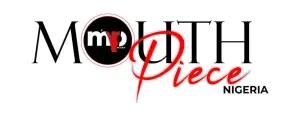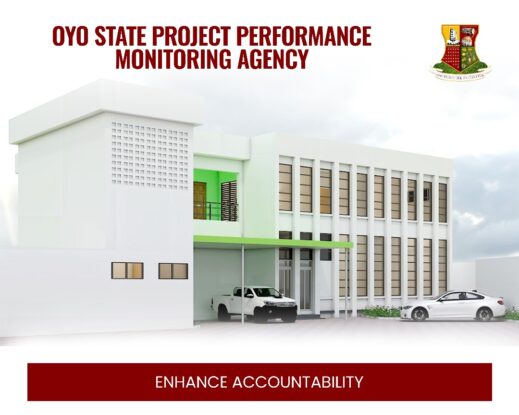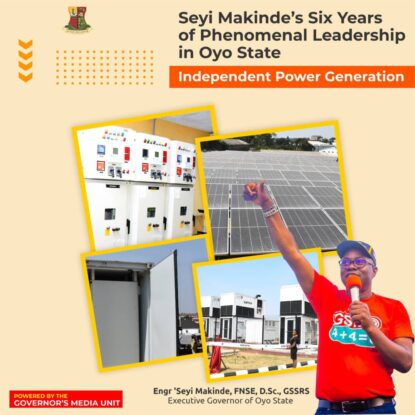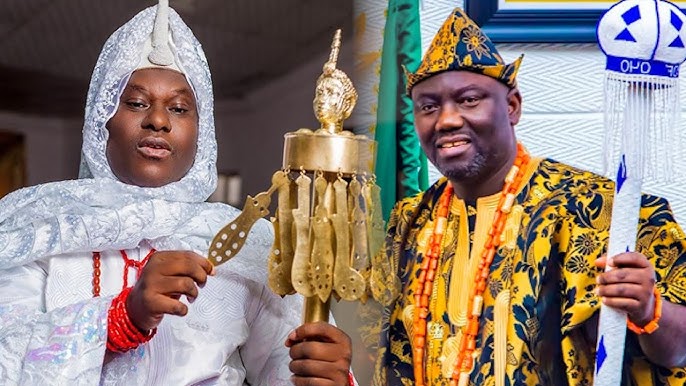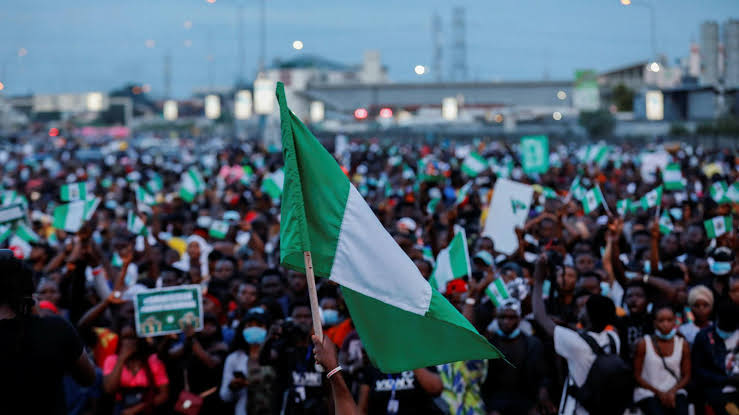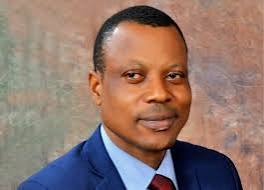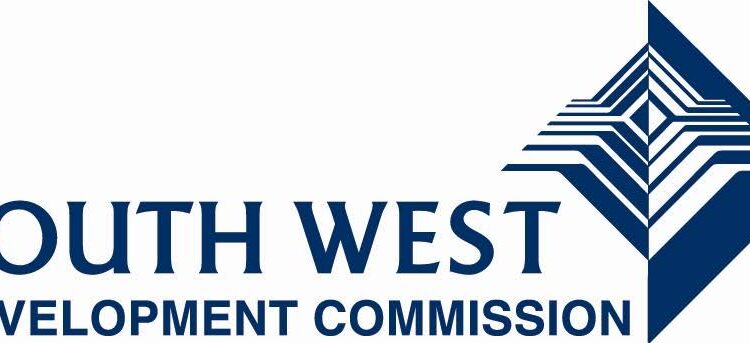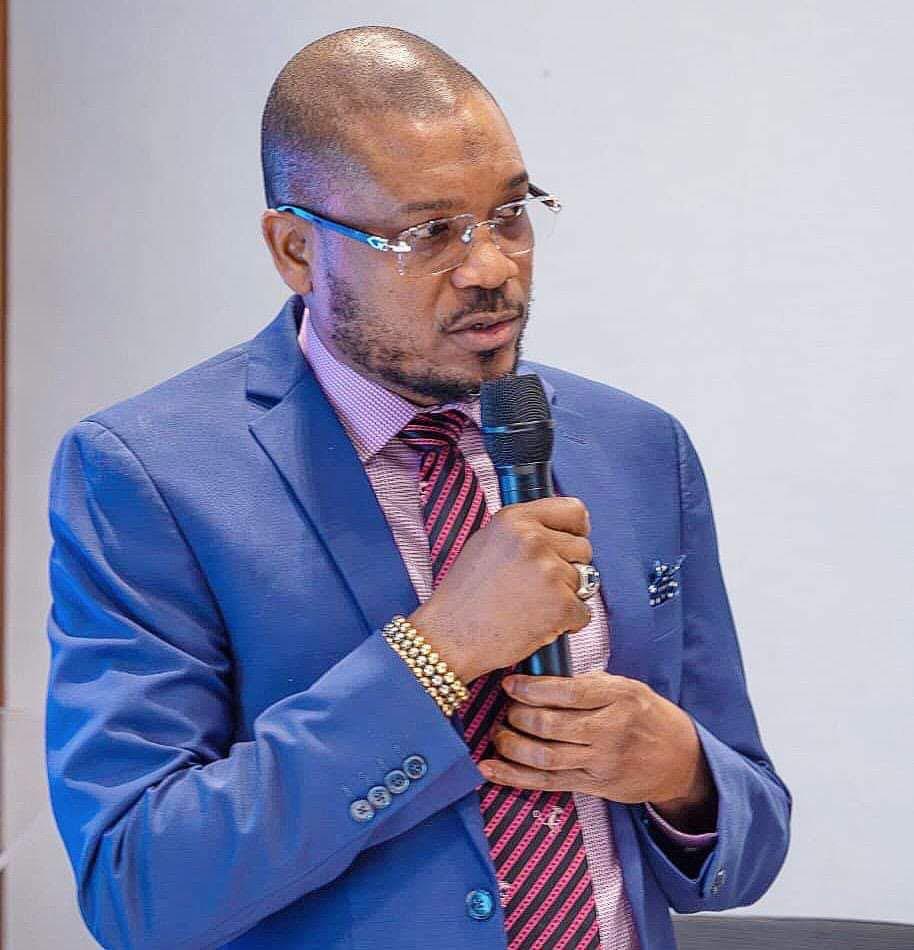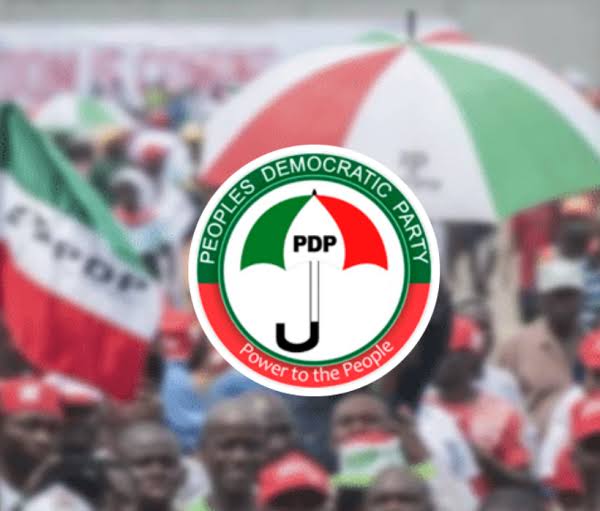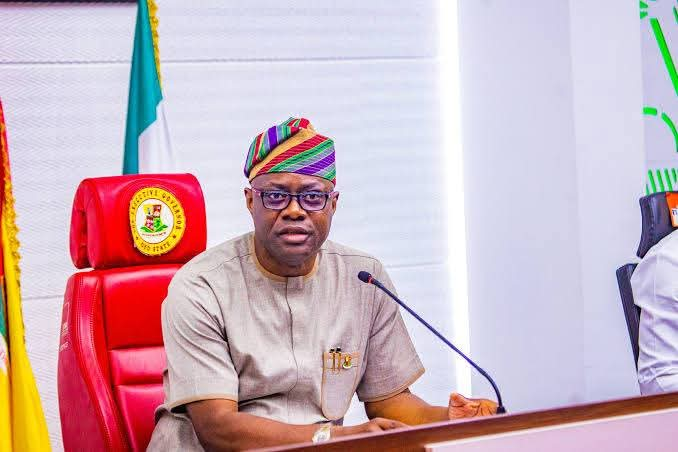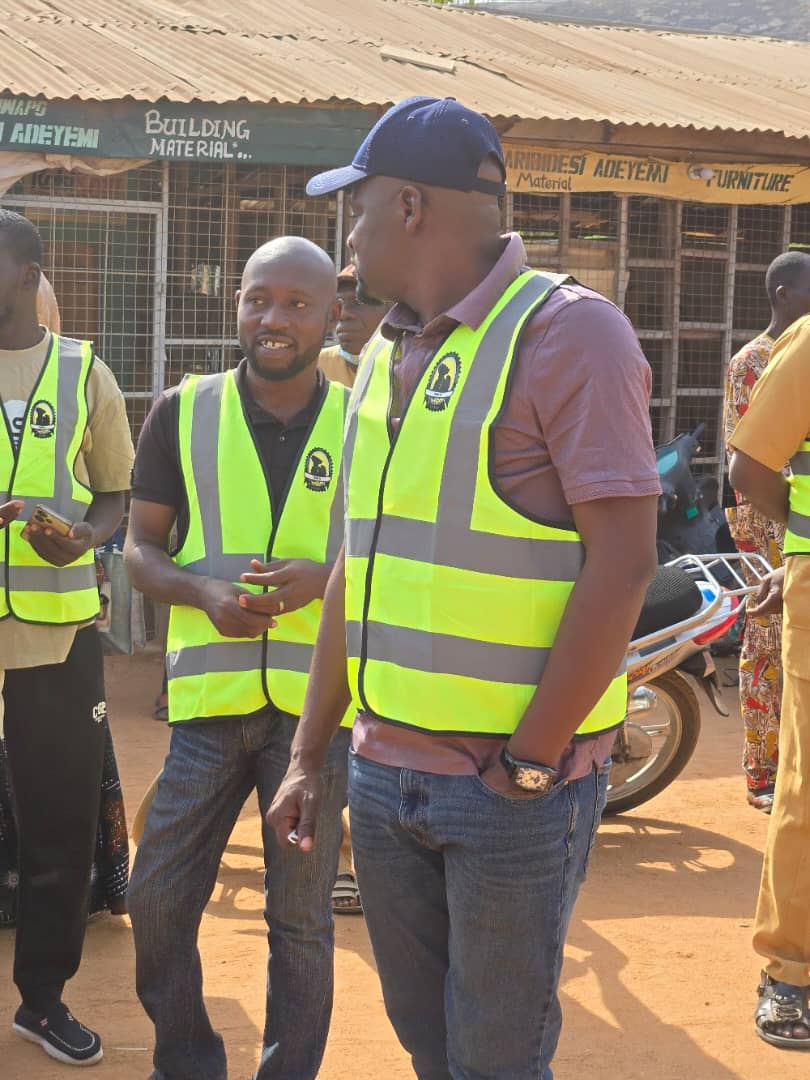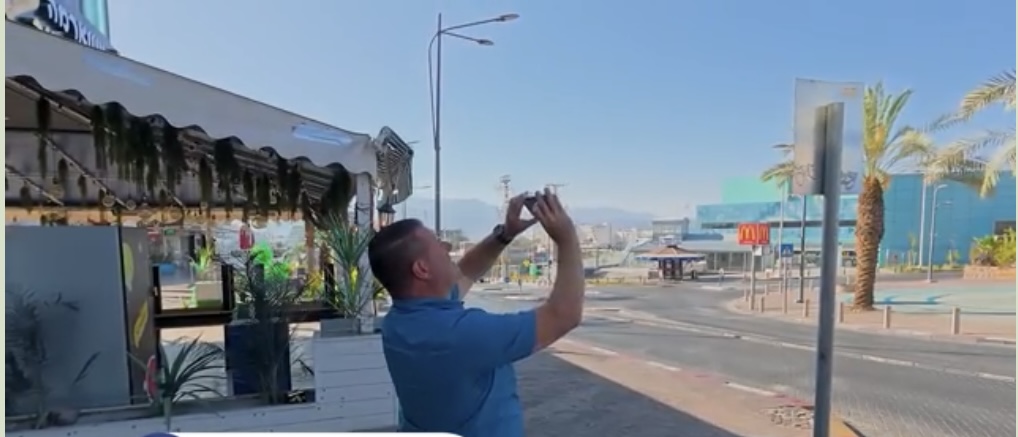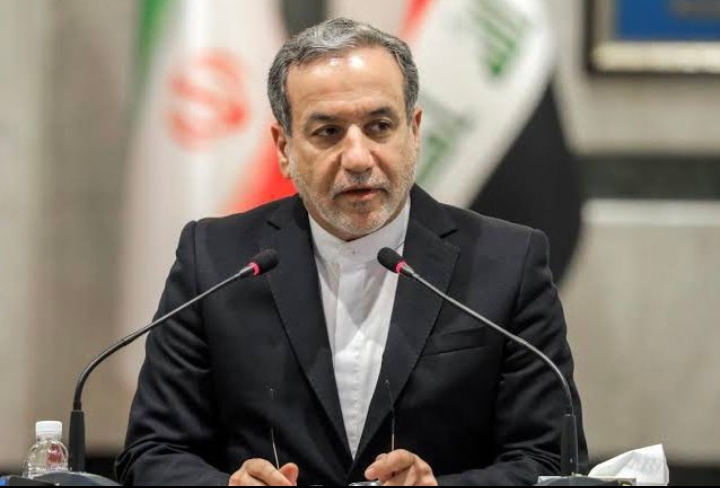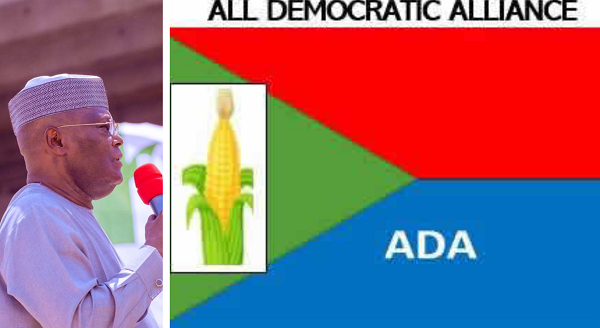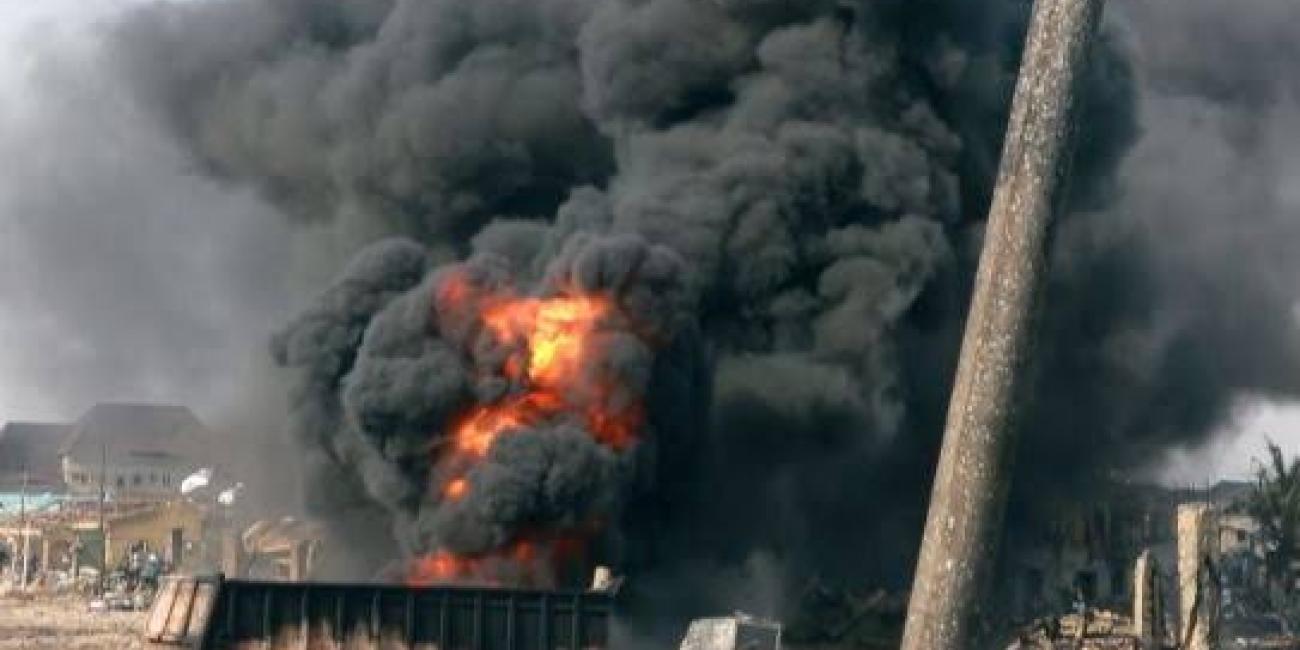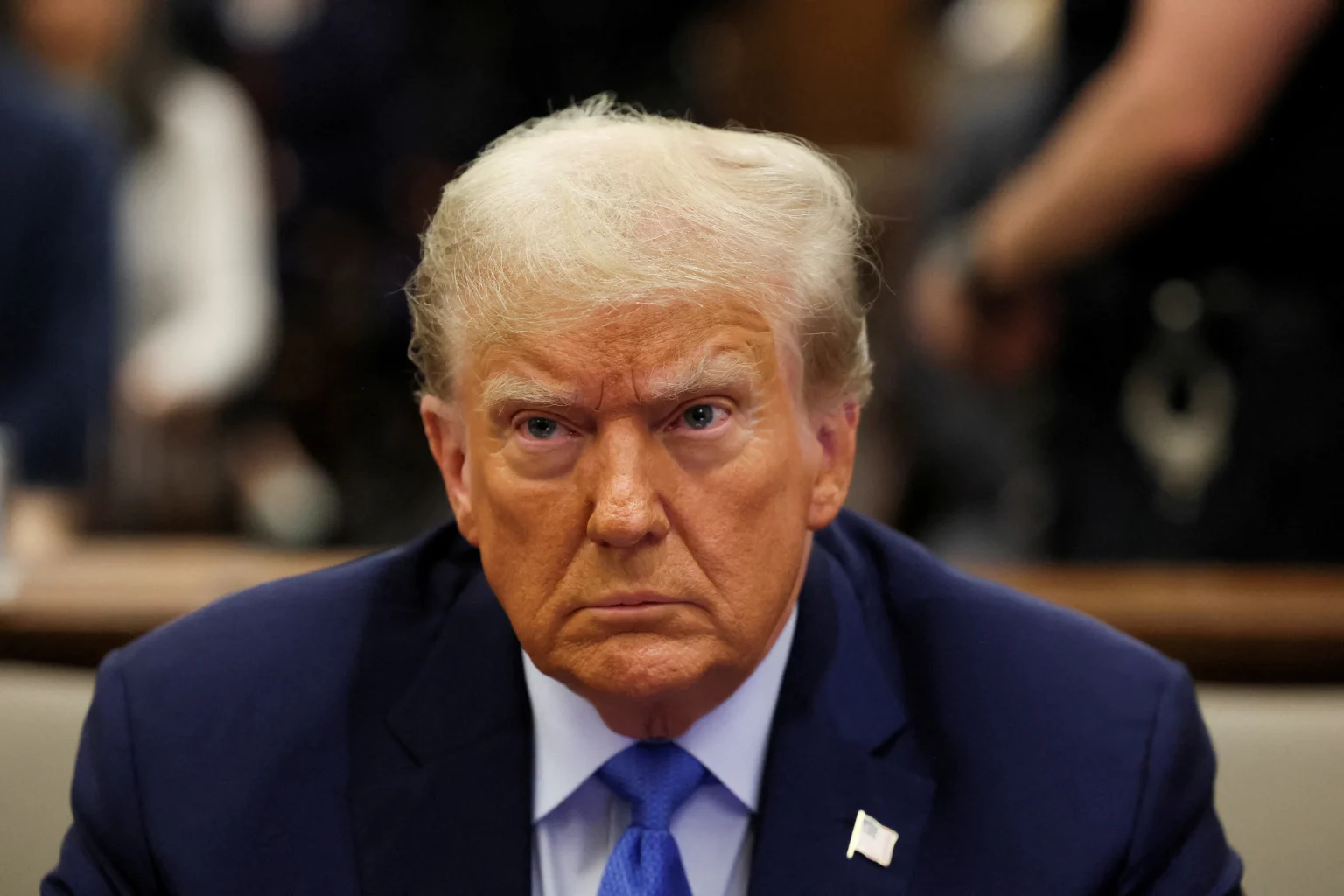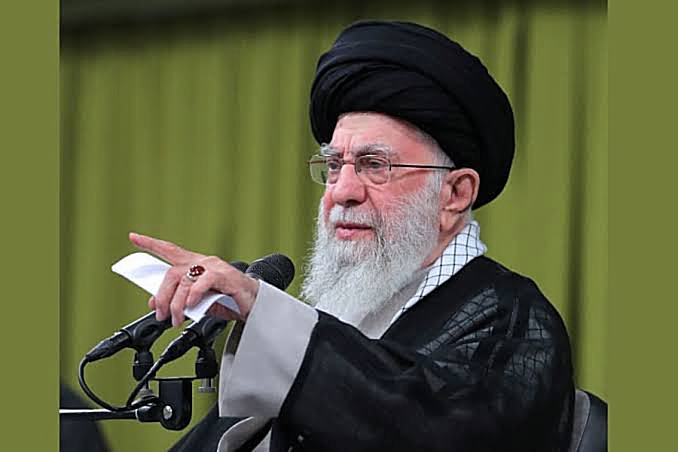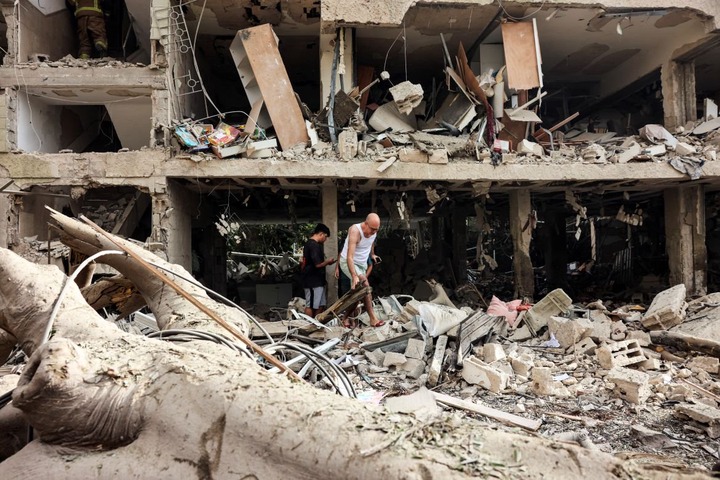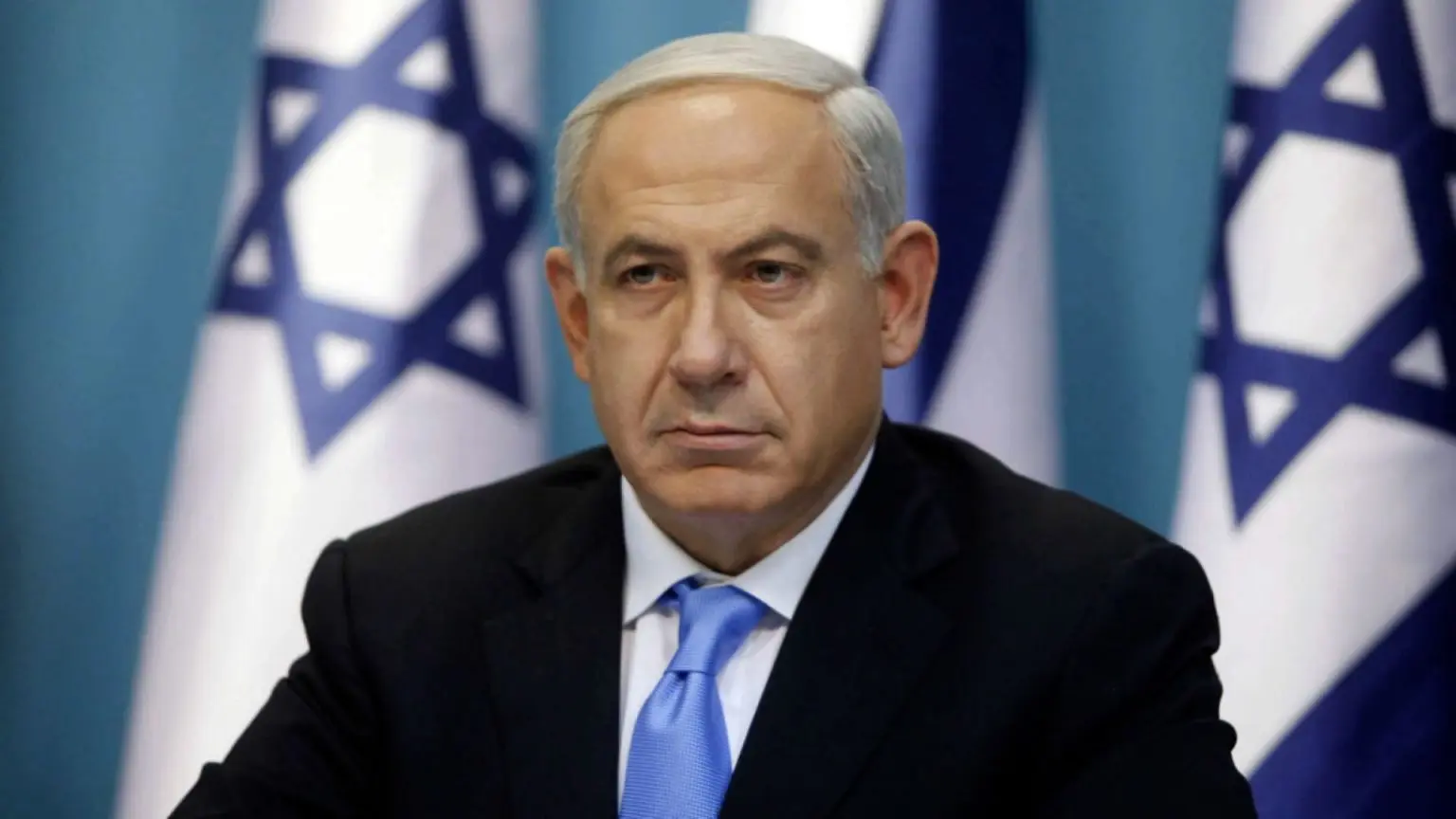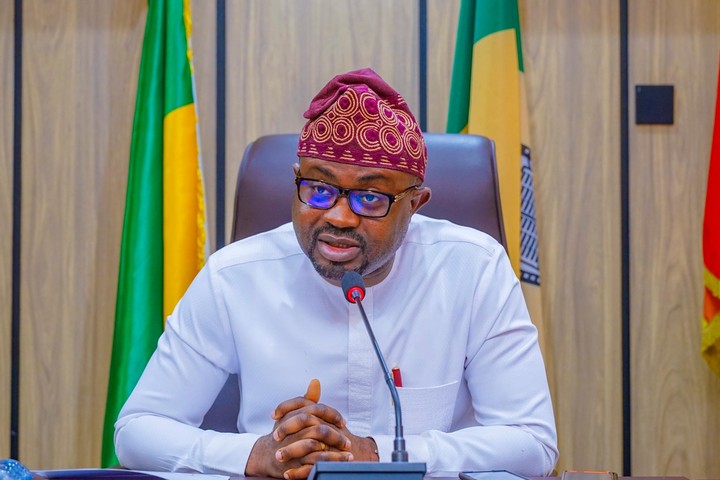PDP insists on June 30 NEC meeting, dismisses INEC’s objection
Amid growing internal disputes and external interference, the Peoples Democratic Party (PDP) has reaffirmed its commitment to hold its National Executive Committee (NEC) meeting on June 30.
The party also dismissed the Independent National Electoral Commission’s (INEC) objections as unconstitutional and politically motivated.
At a press briefing in Abuja on Sunday, the PDP National Publicity Secretary, Debo Ologunagba, questioned the motives of INEC’s Acting Secretary, Halilu Aminu, who had recently rejected the party’s official notification of the meeting.
Aminu argued that INEC was not properly co-signed by both the party”s National Chairman and National Secretary.
Ologunagba strongly refuted the claim, stating that INEC has no legal authority to interfere in the internal affairs of political parties, especially when those meetings are not for the purposes of electing officers, conducting primaries, or nominating candidates.
“INEC has no role in the regular meetings of the National Working Committee or the NEC,” Ologunagba said. “These are internal party matters, as clearly established by the Supreme Court in multiple rulings. INEC cannot cancel our meetings. It is the party’s prerogative.”
The PDP’s announcement comes amid a prolonged leadership crisis that has left Nigeria’s former ruling party struggling to regain national relevance. The latest controversy surrounds the role of National Secretary, a post contested by Sunday Udeh-Okoye and Senator Samuel Anyanwu, who enjoys the backing of FCT Minister, Nyesom Wike. In a bid to deescalate tensions, the party named Setonji Koshoedo as Acting National Secretary.
However, a fact-finding committee led by Taraba State Governor, Kefas Agbu, recently claimed that INEC continues to recognise Anyanwu as the official Secretary, a development that further complicated the party’s preparations for its 100th NEC meeting.
Ologunagba disclosed that the June 30 NEC meeting, first proposed during the 99th NEC gathering, will review reports from the Zoning and Convention Committees and assess preparations for the party’s next national convention.
He dismissed INEC’s insistence on dual signatures for meeting notifications, noting that the letter sent on May 30 by Acting National Chairman Umar Damagum was sufficient under existing electoral law.
“Whoever signs the letter is the party’s decision,” he stated. “INEC cannot assign or impose roles. If even the courts have no jurisdiction over some internal party matters, how then can INEC presume to?”
The PDP spokesperson accused the electoral commission of acting with “desperation” to weaken opposition parties and move the country toward a one-party system. “Why the desperation to kill political parties?” Ologunagba asked pointedly. “This country will not go into a one-party state. No one, president or a combination of presidents, can force that outcome.”
He expressed particular concern over the global implications of INEC’s behavior, noting that international partners and democratic observers closely monitor its independence, technical competence, and neutrality.
“INEC has international stakeholders, development agencies and electoral observers, that invest in its institutional capacity and expect impartiality,” he warned. “Actions like this risk eroding that trust and could endanger Nigeria’s democratic standing on the global stage.”
Ologunagba accused Halilu Aminu of creating a false narrative to serve unknown interests. “We did not inform INEC that the meeting is for elections, primaries, or mergers,” he said. “So, on what basis is he assigning a purpose that was never stated? Who is he working for?”
Despite the ongoing wrangling over leadership and procedure, Ologunagba assured party members and the public that the June 30 meeting would proceed as scheduled, unless the party itself decides otherwise.
“We are committed to strengthening our internal processes and upholding democracy,” he said.
“INEC would do well to focus on its core responsibilities instead of meddling in the affairs of a party it is meant to regulate, not control.”
